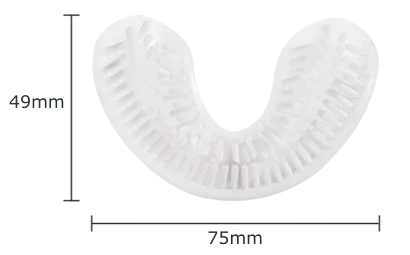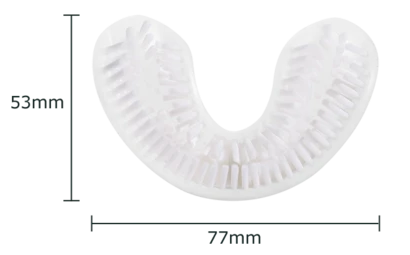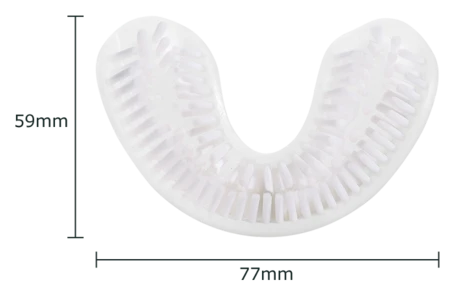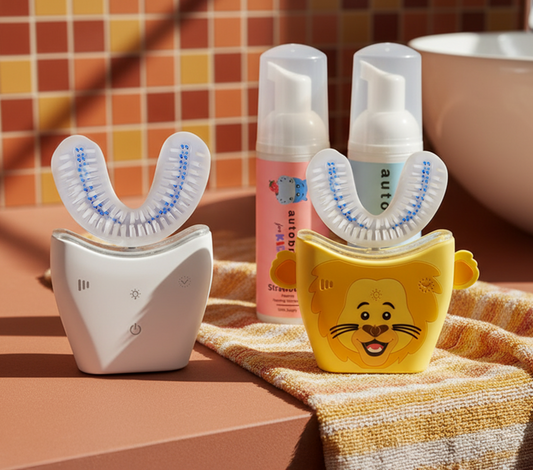
Got Bad Breath? Here's How to Make It Better!
Bad breath (also known as halitosis or malodor) can be embarrassing, and tough on those around you. Some people don't realize their breath is bad because people are afraid to tell them.
"Certainly bad breath can ruin relationships," John Woodall, DDS, a dentist with Woodall and McNeill in Raleigh, N.C., tells WebMD.
Fortunately, this problem is often easy to fix. What helps: Good oral hygiene, Breath Remedy Tongue Scraper, regular visits to your dentist, and ruling out any underlying conditions or other factors (such as some medications, diets, and foods) that could make your breath less than pleasant.
What Causes Bad Breath?
Studies show that about 80% of bad breath comes from an oral source. For instance, cavities or gum disease can lead to bad breath, as can tonsils that have trapped food particles; cracked fillings, and less-than-clean dentures.
Several internal medical conditions also can cause your breath to go downhill, and fast. They include diabetes, liver disease, respiratory tract infections, and chronic bronchitis. You'll want to see your doctor to rule out things like acid reflux, postnasal drip, and other causes of chronic dry mouth (xerostomia).
Ways to Fix & Prevent Bad Breath:
- Eating non-acidic fruits and vegetables
Such foods are fresh and acid free, which is essential since acid left over in the mouth can generate plaque and bacteria that cause bad breath.
- Avoiding garlic, onions, and spicy food
These foods on the other hand, do the opposite – a big no no!
- Brushing correctly twice a day regularly
Of course, you knew this was coming. But whether or not you already brush daily is not the point we are trying to get across – but being mindful of doing it properly every time! Brushing from every angle, and for the proper amount of time. If you don’t want to worry about constant proper technique or don’t have the time for daily, intimate cleaning, consider a smart toothbrush, like the AutoBrush.
- Staying hydrated
Water is not only a non-acidic beverage that doesn’t contaminate your mouth or stain teeth, its perfect for subtly rinsing your mouth of constant bacteria throughout the day!
- Cutting back on alcohol & caffeine.
These beverages of course, do the opposite. They not only induce acidic bacteria to accumulate in your mouth, but they stain teeth and irritate gums, damaging both your dental health and your smile!












